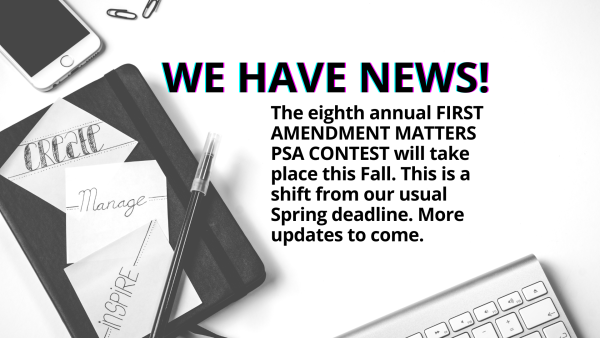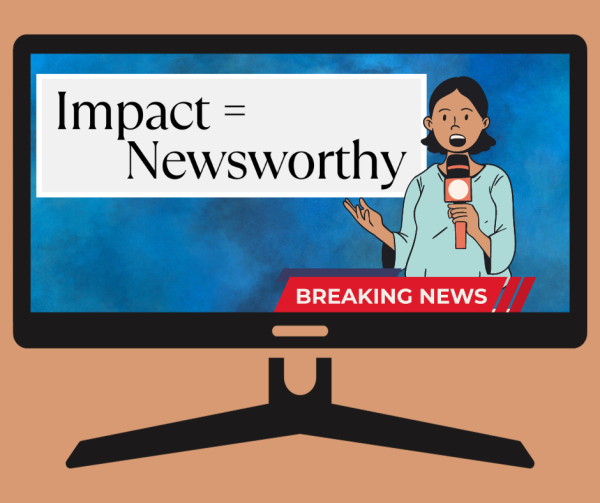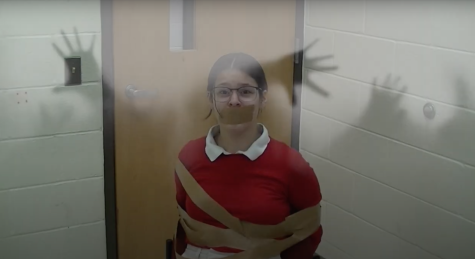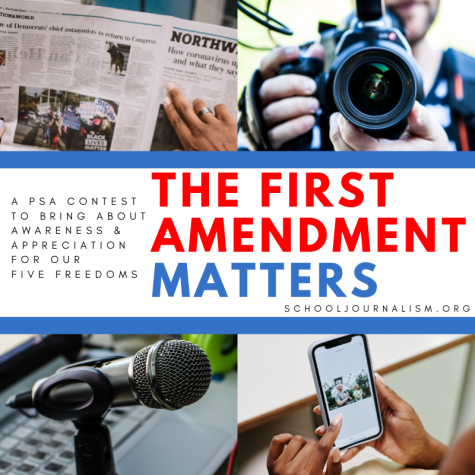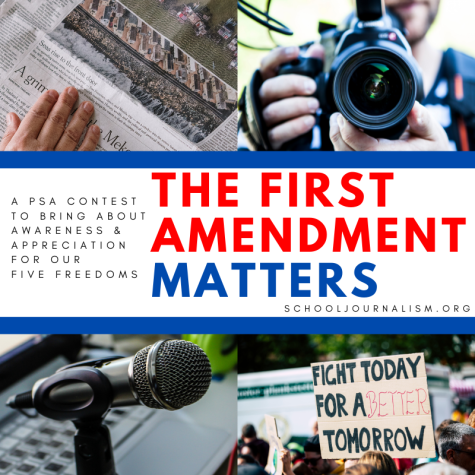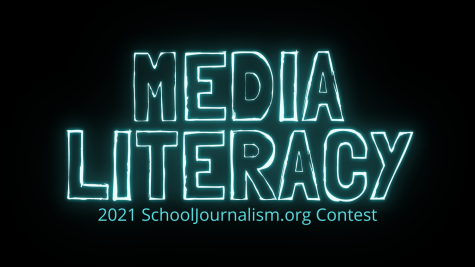Young journalists must drudge through fiction to discover the truth on social media
A journalist is first and foremost accountable to the truth. According to the ASNE Statement of Principles, journalists must take responsibility for the accuracy of their work. Journalists must make every effort to assure that the news content is accurate, free from bias and in context, and that all sides are presented fairly.
After the introduction of social media, the fight to discover and report the truth is more complicated than ever. The speed and the sheer volume of content on social media makes the verification of facts by journalists even more important now.
We asked members of the ASNE Youth Journalism Initiative Student Advisory Board for their thoughts on truth and social media:
“Social media posts are so incredibly difficult to verify because they are almost always biased in one way or another,” Jenn Little, of Patterson Mill High School, Bel Air, Maryland, said. “The simple phrasing of a tweet or comment attached to an Instagram photo could put the validity of a post into question.”
“For verifying the accuracy of a social media post, especially a tweet, I check to see if Twitter has verified their account with the blue checkmark,” Alexa Hines, of Santa Margarita Catholic High School, Rancho Santa Margarita, California, said. “I feel that Twitter has a strong verification system. If I ever doubt what is being posted on any social media site, I google the post or the news event posted to see if it comes up on Google News from a reliable news source.”
“If unsure about a tweet, I like to peruse the major media outlets for similar information or even do some digging on the person relaying the questionable information,” Hannah Brown, of Key West High School, Key West, Florida, said. “It doesn’t hurt to have multiple confirmations on a story before you decide to promote or cover it.”
Check out these resources to discover how young journalists can separate fact from fiction on social media:
ASNE’s 10 Best Practices for Social Media
Social media platforms continue to emerge as essential newsgathering tools. However, they also carry challenges and risks.
Evaluating social media
Johns Hopkins provides an accuracy checklist on how to verify information from social media.
Online information, credibility and the “Google generation”
Journalist’s Resource provides links, tips and research on the credibility of information found online.
Online ethics guideline for students
As student media staffs explore the possibilities of digital media for gathering information and telling stories, they encounter new ethical dilemmas.
Creating a social media class
10 tips for creating a social media class out of nothing
Society of Professional Journalists’ social media guidelines
SPJ has a list of social media guidelines for journalists.
For more tips and tricks on using social media, check out SchoolJournalism.org’s page on social media.



